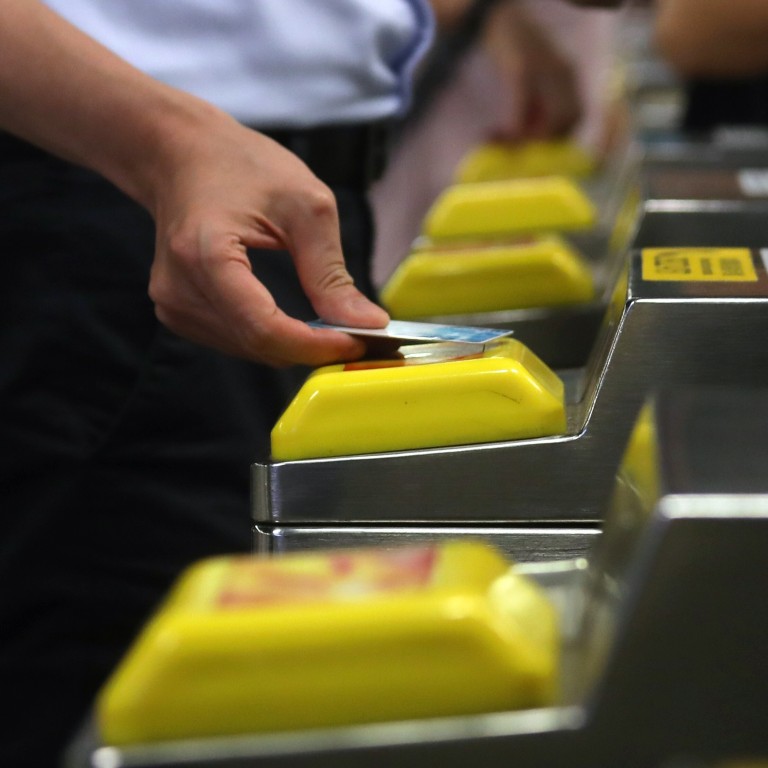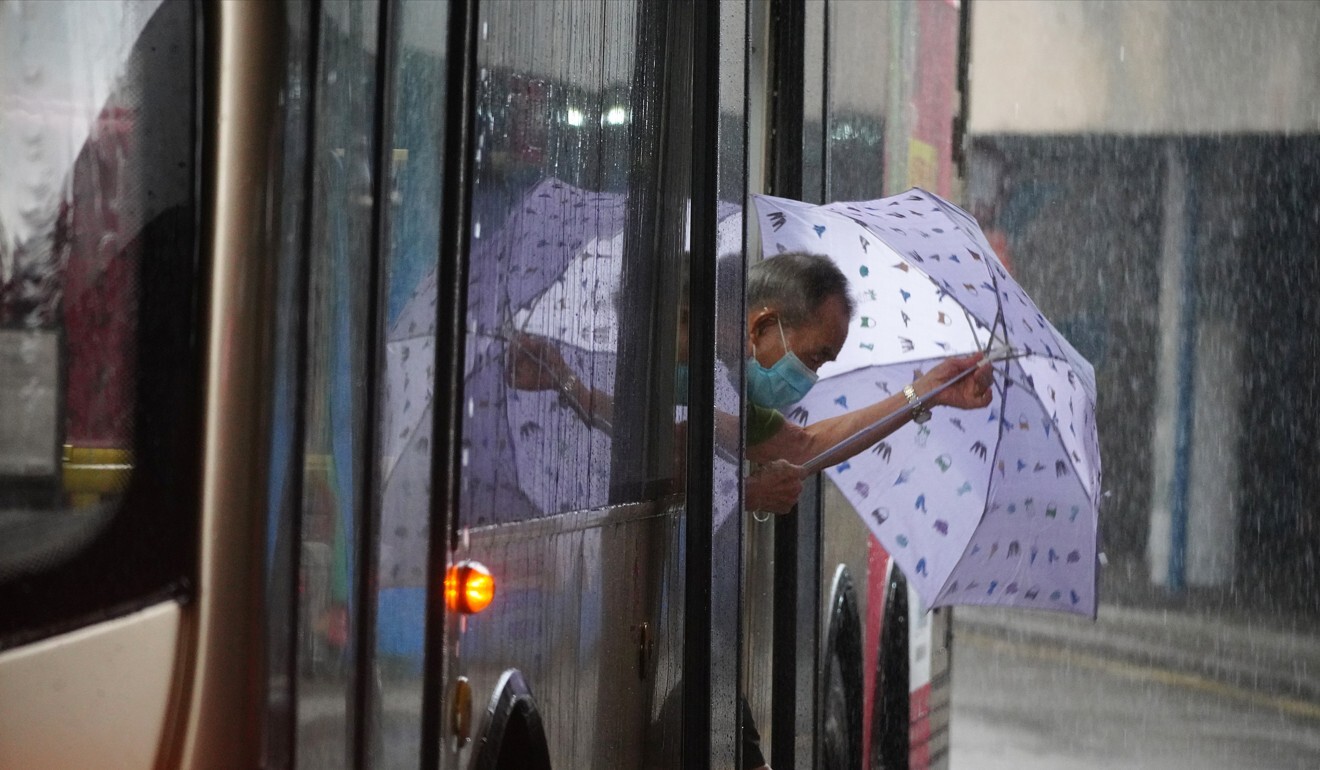
Further delays expected for roll-out of expanded public transport subsidies for older Hong Kong residents
- Lawmakers had sharp criticisms for welfare chief Law Chi-kwong on Monday, questioning why the expansion of the scheme was taking so long
- But Law says delays are to be expected given issues with software, hardware and a shortage of manpower
A scheme offering deeply discounted public transport fares for seniors will not be expanded to include some 600,000 people aged 60 to 64 until the first quarter of 2022 at the earliest – two years after the policy was first promised in early 2020.
The subsidised fares are already available to residents 65 and older, and Law added the government also planned to phase out anonymous stored-value Octopus cards for older residents by 2024 to curb abuse of the scheme, with all beneficiaries required to register for new cards bearing their name and photo.
“Many aged between 60 and 64 are still socially active, some are still working. The number of journeys for them will certainly be more than for those who are 65 and above … [But] there is a need to enhance measures to prevent abuse,” he said, adding the scheme could be reviewed every five years.

However, pro-establishment lawmaker Vincent Cheng Wing-shun, of the Democratic Alliance for the Betterment and Progress of Hong Kong (DAB), was not impressed, questioning why the government could only roll out the expansion next year, even though personalised Octopus cards for the elderly were nothing new.
“It will be over a year before the scheme is implemented,” Cheng said. “This will be two years since the policy was announced. Those in the 60 to 64 age range fail to understand why it is taking so long.”
The sentiment was echoed by his fellow DAB member Wilson Or Chong-shing, who questioned why the government did not take action when it discovered ineligible residents were taking advantage of the discounted ride scheme in 2019.
“There is an elderly population of 1.32 million people, and there are about 3.6 million anonymous Octopus cards. Why didn’t the government take decisive steps?” Or asked.
Cheaper travel will help ease the burden of Hong Kong’s working elderly: experts
Law promised to speed up the implementation process in conjunction with Octopus and various operators, but said it would take time to issue hundreds of thousands of cards with photos, hence the delay.
“[Authorities need] manpower to deal with 600,000 newly issued cards. It will also require software and hardware enhancements,” Law said. “It will take a little over a year, but it’s our best effort.”
He also admitted there was a need for more manpower to curb abuse of the scheme.
“If we lower the age limit from 65 to 60, the concern will be greater,” he said. “The burden created for those responsible for monitoring will be even heavier.”
Independent lawmaker Cheng Chung-tai said he was concerned that if the government did consider suspending the scheme during peak hours, it could worsen congestion.
“Are there such plans, or does the government believe that the scheme will not exacerbate traffic congestion?” he asked.

Law said that while use of the cards during peak hours would be assessed, restrictions would not be put in place as the travel patterns of the elderly were unique.
“In terms of the usage of public transport modes among the elderly, the patterns are very different compared to people going to work,” Law said.
First launched in 2012, the fare concession scheme currently enables elderly people aged 65 and above, and residents with disabilities, to take designated public transport at a concessionary fare of HK$2 per trip. The number of residents eligible for the scheme had increased by about 35 per cent, to 1.32 million, as of last year, and was expected to rise further to more than 1.75 million by 2025.

